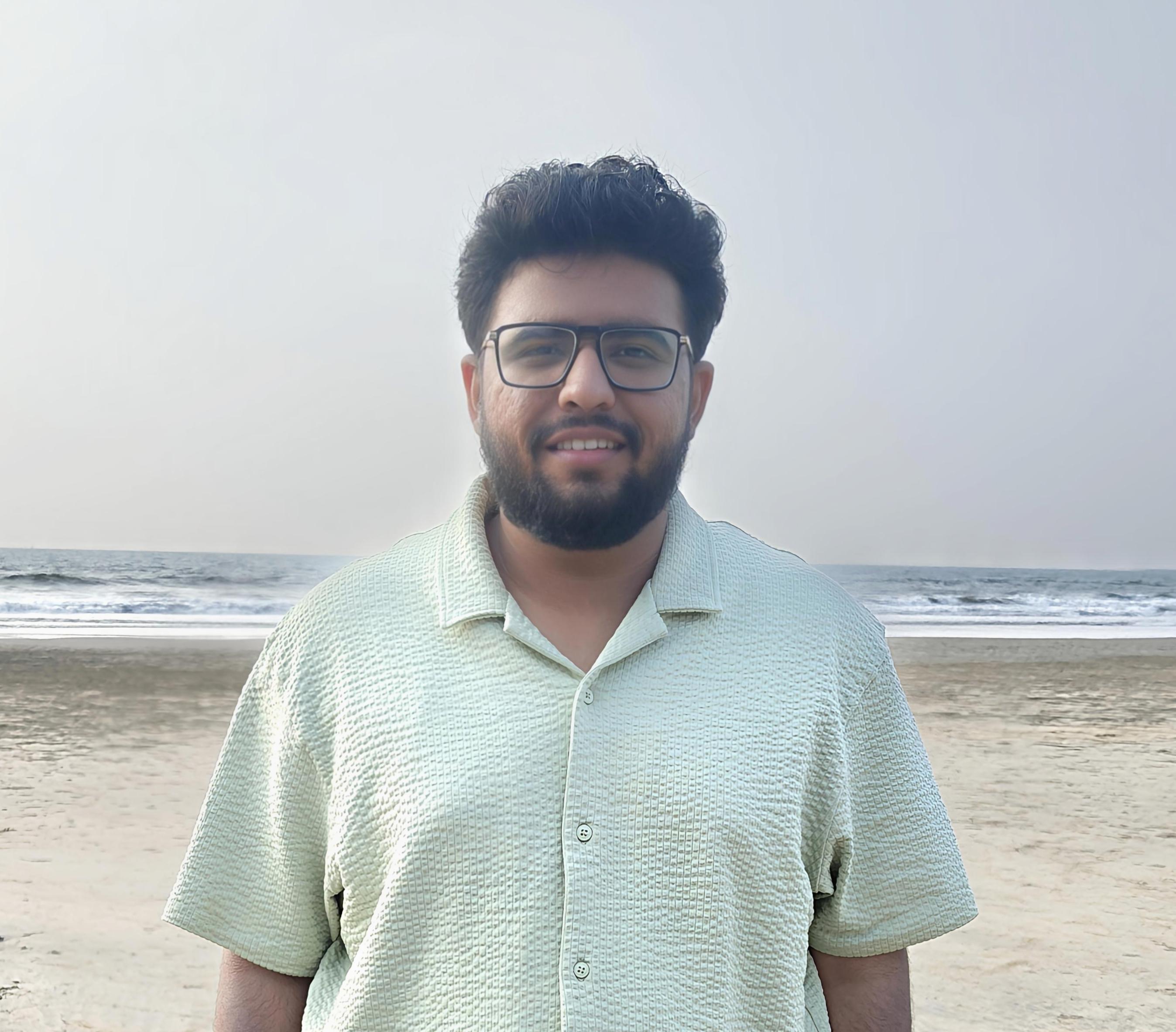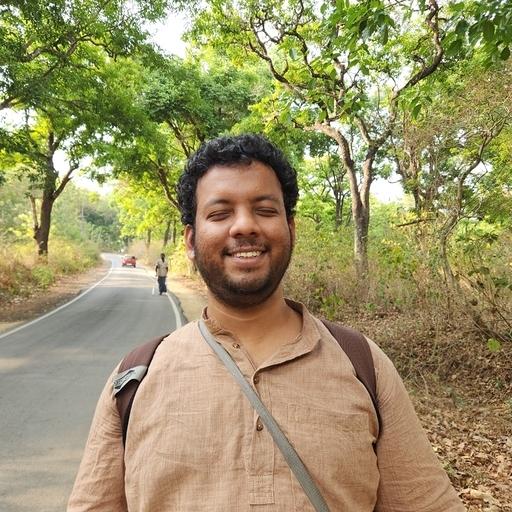Opening the Archives: Building Digital Infrastructure for Public Participation in Archival Records
Archives hold more than brittle paper and metadata; they contain the breath of our collective memory. Yet in India, archives remain inaccessible and locked behind regulations, obscured by neglect, and separated from everyday public life. This talk presents the design and development of a digital platform that invites public participation in archives through structured annotation and community engagement. The platform allows users - students, researchers, or curious citizens to sign up, browse curated archival records, and annotate them collaboratively, bringing archival thinking into classrooms, family spaces, and the broader public domain. Technically, this talk will unpack how we incorporated existing open standards and tweaked them when required to build an interoperable annotation platform for archival data.
The talk will be structured in three parts:
The Why: Public Participation in Archives
I will begin by framing the need for public participation in archival practice. Drawing on the work of initiatives like Milli, which seek to reimagine the archive as a commons, I’ll argue that archives should not be the exclusive domain of researchers or institutions. They should be accessible to high school students learning about the partition, to families seeking ancestral land records, and to local history enthusiasts. Yet right now, archival infrastructure in India is either absent or closed off. I will briefly outline how our platform intervenes in this space—by enabling annotations, storytelling, and educational use that connect people to records that are otherwise distant and inert.
The How: Building the Platform
The core of the talk will focus on the technical architecture of the platform. I will walk through key design decisions that balance interoperability, standard extension and usability.
This includes :
Overview of existing standards for archives - their strengths and limitations
Support for linking annotations to structured vocabularies while also enabling extension of vocabularies by people
Role-based access control to allow for moderation and curation
The What Next: Use Cases and Future Directions
Finally, I will share some of the future directions we are exploring for this platform, for instance, collaborative sessions with archivists to tag under-described collections using local knowledge.
This talk is for technologists, educators, archivists, and civic actors who believe that public memory should be public in practice, not just in principle. It is a call to imagine and build archives that are alive—filled not only with documents but with voices, questions, and connections. By sharing the technical and conceptual work behind this participatory archival platform, I hope to spark further conversation around how we can design digital tools that reanimate the past, empower the present, and imagine more inclusive futures.
Public participation can transform archives from static repositories into living, communal resources— engaging students, educators, and citizens in storytelling and historical inquiry.
Use of open standards/protocols like Encoded Archival Description and Web Annotations can help build interoperable software for archivists around the world
Which track are you applying for?
Maanas Bhardwaj

Ojas K

Marking as maybe. This isn't exactly an open-data talk, but is worth including - perhaps in the main track?. Not mentioned in the proposal, but the code behind it seems to be FOSS: https://github.com/milli-consortium/
Can the focus of the talk be how to use this for archiving public data in an open way. Otherwise its too generic.
Doesn't fit the devroom.